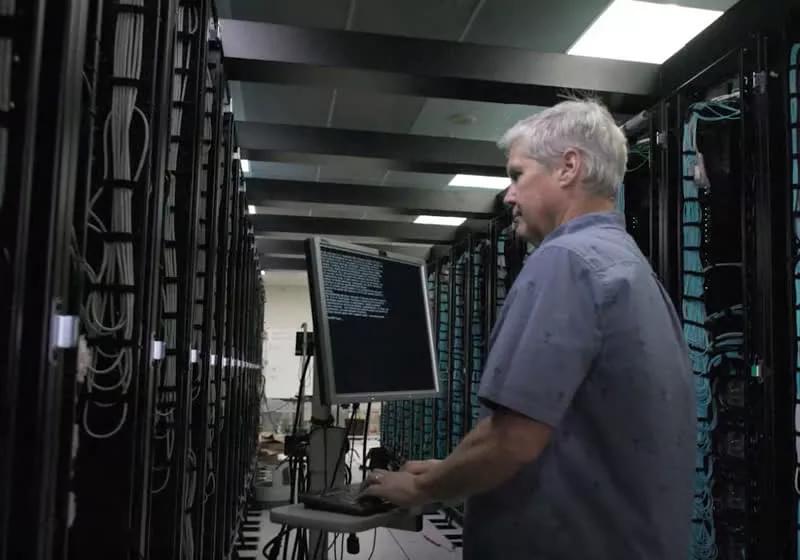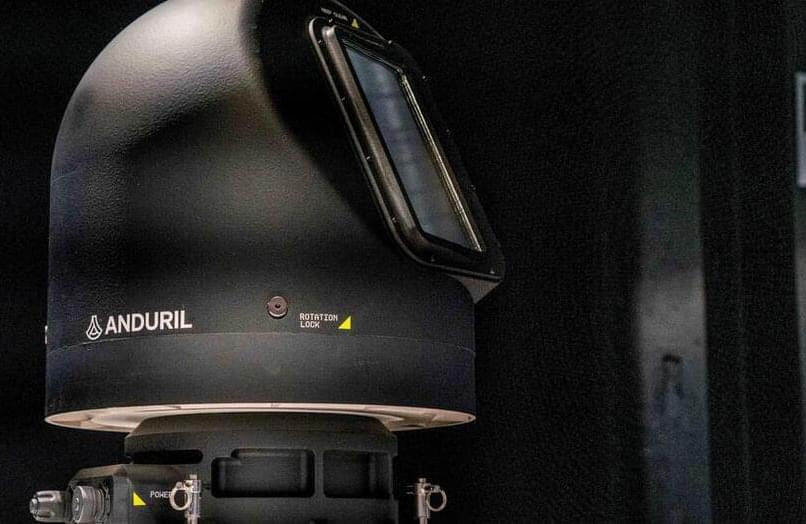Although Chinese AI, such as DeepSeek, might torpedo American megatech, the advent of vanishingly tiny costs might lead us further up that exponential curve to Superabundance.
S V3 model, DeepSeek-V2, triggered an AI model price war in China after it was released last May. ‘ + The fact that DeepSeek-V2 was open-source and unprecedentedly cheap, only 1 yuan.
⏩($0.14)⏪ per 1 million tokens👀 ‼️
S cloud unit announcing price cuts of up to 97% on a range of models. ‘.
BEIJING (Reuters)-Chinese tech company Alibaba on Wednesday released a new version of its Qwen 2.5 artificial intelligence model that it claimed surpassed the highly-acclaimed DeepSeek-V3. The unusual timing of the Qwen 2.5-Max’s release, on the first day of the Lunar New Year when most Chinese people are off work and with their families, points to the pressure Chinese AI startup DeepSeek’s meteoric rise in the past three weeks has placed on not just overseas rivals, but also its domestic competition. “Qwen 2.5-Max outperforms… almost across the board GPT-4o, DeepSeek-V3 and Llama-3.1-405B,” Alibaba’s cloud unit said in an announcement posted on its official WeChat account, referring to OpenAI and Meta’s most advanced open-source AI models.






